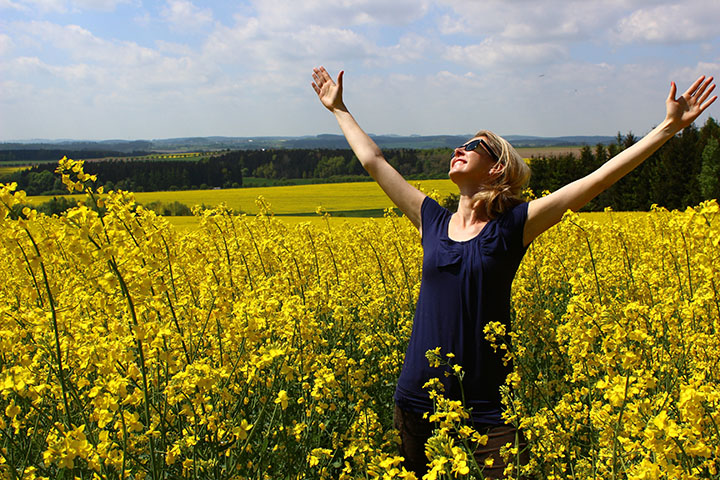Gratitude is a thankful appreciation for what an individual receives. With gratitude, people acknowledge the goodness in their lives. In the process, people usually recognize that the source of that goodness often lies outside themselves. So, gratitude also helps people connect to something larger than themselves — whether to other people, nature, or a higher power.
There is a growing amount of research backing up the following benefits of gratitude.
- Gratitude improves physical health. Grateful people experience fewer aches and pains and report feeling healthier than other people.
- Gratitude improves psychological health. Gratitude reduces a multitude of toxic emotions, from envy and resentment to frustration and regret
- Gratitude enhances empathy and reduces aggression. Grateful people are more likely to behave in a prosocial manner, even when others behave less kindly.
- Grateful people sleep better. Writing in a gratitude journal improves sleep. Spend just 15 minutes jotting down a few grateful sentiments before bed, and you may sleep better and longer.
- Gratitude improves self-esteem and increases mental strength. For years, research has shown gratitude not only reduces stress, but it may also play a major role in overcoming trauma.
Ways to cultivate gratitude
Write a thank-you note. You can make yourself happier and nurture your relationship with another person by writing a thank-you letter expressing your enjoyment and appreciation of that person’s impact on your life
Thank someone mentally. No time to write? Just think about someone who has done something nice for you, and “send’ your thought to that person.
Keep a gratitude journal. Make it a habit to write down one thought about the gifts you have received each day.
Count your blessings. Reflecting on what went right in your life or what you are grateful for. As you reflect, be specific and think about the sensations you felt when something good happened to you.
Pray. People who are religious can use prayer to cultivate gratitude.
Meditate. Mindfulness meditation involves focusing on the present moment without judgment. Focus on what you are grateful for (the warmth of the sun, a pleasant sound, etc.).
Cathy Larionova
Links to research articles:
https://greatergood.berkeley.edu/pdfs/GratitudePDFs/6Emmons-BlessingsBurdens.pdf
https://www.health.harvard.edu/mind-and-mood/in-praise-of-gratitude




